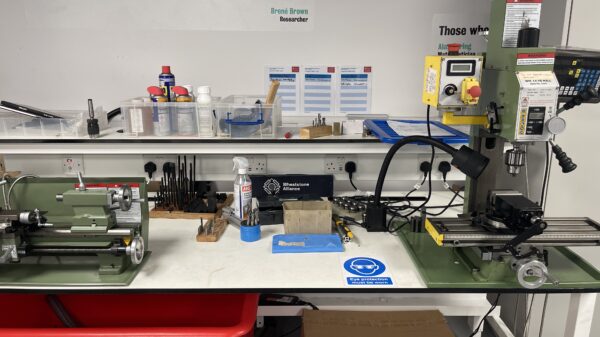Staff Writer Lavanya Mahendrakumar discusses the causes of higher depression rates in women than men.
Depression, or Major Depressive Disorder, is a common mental disorder, affecting approximately 5.75% of adults worldwide. It is characterised by feelings of hopelessness, a lack of interest in activities, weight changes and in extreme cases, suicide ideation. Depression is about 1.5 times more common in women than in men.
There are a multitude of factors that lead to developing depression. These include adverse life events like trauma and neglect, other health issues, substance abuse and gene variants. Genes are structures that make up our DNA, containing instructions to make proteins that determine the structure and enable functioning of the body. Scientists have found more than 200 genes that influence depression, wherein each has a small effect on the development of depression.
Researchers in Australia at the Queensland Institute of Medical Research (QIMR) Berghofer Medical Research Institute carried out a genome wide association study, testing thousands of genes in more than 400,000 men and women, both with and without depression, to identify any genomic variations that might be linked to the disorder. They found 16 gene variants associated with depression in women but only eight in men. This difference may be a contributing factor to the variations in the incidence of depression between men and women.
The study did have a greater number of women in the sample, but, through additional statistical analyses, the researchers determined that the results of the study were not due to the differing sample sizes. However, a limitation was that the participants were all of European descent, which raises questions about applicability to other races and ethnicities.
Studies from the early 2000s have suggested a difference in responses to treatment for depression – certain antidepressants appear to favour women, while others favour men. Antidepressant use appears to be greater in women than men, and a recent study claimed women are overprescribed antidepressants while men are under prescribed, even though women did not report depression more often than men. This pattern, if continued, may have negative implications depending on the specific antidepressant being prescribed. Women have historically been underrepresented in drug trials, and differences in gene variants related to depression may lead to varying impacts of the antidepressants on women.
While determining genes linked to depression and the gender differences within them remains a complex issue, such studies offer the potential to understand more about the origins of this disorder and to provide diverse and personalised treatment. A study by researchers at King’s College London (KCL) found genes related to depression across multiple ethnicities, and with continued research focused on inclusivity, there is still hope for effective care across all populations.














